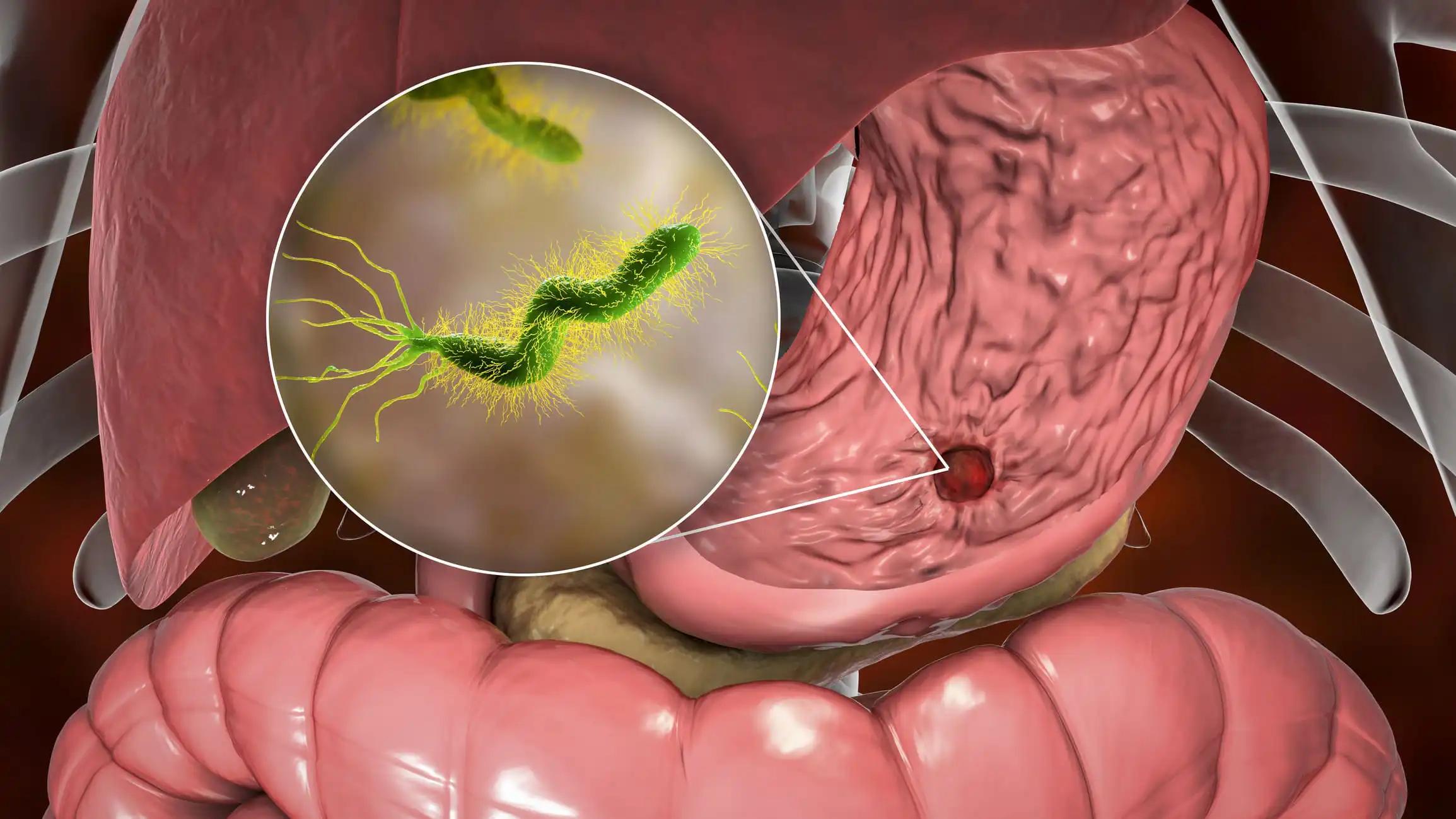KEY TAKEAWAYS
- The phase 2 trial aimed to investigate the efficacy and safety of tinengotinib, in advanced CCA patients.
- The primary endpoint was to determine ORR.
- Researchers observed promising clinical benefits of tinengotinib in FGFR2-altered CCA patients. Further investigation is still ongoing.
Tinengotinib, a spectrum-selective multi-kinase inhibitor, demonstrates unique FGFR binding, potent inhibition of FGFR2 fusion/rearrangement, and resistance mutations in pre-clinical and phase I cholangiocarcinoma (CCA) trials. Milind M. Javle and his team aimed to assess the efficacy and safety of tinengotinib’s in a phase II clinical trial.
Researchers performed an inclusive analysis on eligible patients with advanced/metastatic CCA who had previously undergone ≥ 1 systemic chemotherapy and had ECOG PS 0 or 1. Tinengotinib at 10 mg QD was administered, with 4 cohorts defined: A1 for FGFR2 fusion(s) with primary progression on prior FGFR inhibitor (FGFRi), A2 for FGFR2 fusion(s) with progression post-response to FGFRi (acquired resistance), B for non-fusion FGFR alteration(s), and C for FGFR wild-type (FGFRwt). The primary endpoint was the objective response rate (ORR) according to RECIST v1.1. Safety assessments utilized CTCAE V5.0.
About 48 patients with CCA were enrolled as of August 7, 2023, distributed across cohorts A1 (13 patients), A2 (10 patients), B (12 patients), and C (13 patients). The median age was 61.5 years (range: 25-81), with 41.7% being male, and 58.3% having undergone ≥ 3 prior therapy lines. Nearly half (47.9%) had ECOG PS 0. Of the 35 patients with FGFR alterations, 80.0% had received ≥ 1 prior FGFR inhibitor (FGFRi), and 97.1% had prior chemotherapy.
Among the 40 efficacy-evaluable patients, cohort A1, 1 out of 11 pts (9.1%) achieved partial response (PR) rate with a 31.8% tumor reduction. In A2, the PR rate was 3 out of 8 pts (37.5%), with tumor reductions of 40.7%, 47.0%, and 54.6%. Cohort B showed 3 out of 9 pts (33.3%) achieved PR rate with tumor reductions of 36.5%, 48.6%, and 60.6%. No PR was observed in C. The overall disease control rate (DCR) was 94.7% (18/19) in FGFR2 fusion/rearrangement (A1+A2), 88.9% (8/9) in other FGFR alterations (B), and 75% (9/12) in FGFRwt (C). Median progression-free survival (mPFS) was 5.26 months (95% CI, 2.86-9.10) in A1+A2, 5.98 months (95% CI, 1.87-NA) in B, and 3.84 months (95% CI, 1.84-4.80) in C.
Among the 48 treated patients, treatment-related adverse events (TRAEs) occurred in 45 (93.8%) patients, with 29.2% in grades 1-2, 60.4% in grade 3, and 4.2% in grade 4. The most common grade 3 TRAEs were hypertension in 12 (25%), palmar-plantar erythrodysesthesia syndrome in 3 (6.3%), diarrhea in 3 (6.3%), and stomatitis in 3 (6.3%). 1 subject experienced grade 4 increased TSH and increased lipase, and another had grade 4 posterior reversible encephalopathy syndrome. No grade 5 TRAEs were observed.
The study concluded that Tinengotinib demonstrates promising clinical benefits for both FGFR2 fusion and non-fusion FGFR alterations in cholangiocarcinoma, with manageable toxicities. Ongoing phase III research aims to further assess and compare the clinical efficacy, safety, and pharmacodynamic effects of Tinengotinib versus Physicians’ choice in refractory/relapsed CCA patients with FGFR2 alterations following prior chemotherapy and FGFR inhibitor therapy.
The study is sponsored by TransThera Sciences (Nanjing), Inc.
Source: https://meetings.asco.org/abstracts-presentations/229383
Clinical Trial: https://clinicaltrials.gov/study/NCT04919642
Javle M M, Mahipal A, Fonkoua L A K, et al. (2023). “Efficacy and safety results of FGFR1-3 inhibitor, tinengotinib, as monotherapy in patients with advanced, metastatic cholangiocarcinoma: Results from phase II clinical trial.” Presented at ASCO-GI 2024 (Abstract 434).



